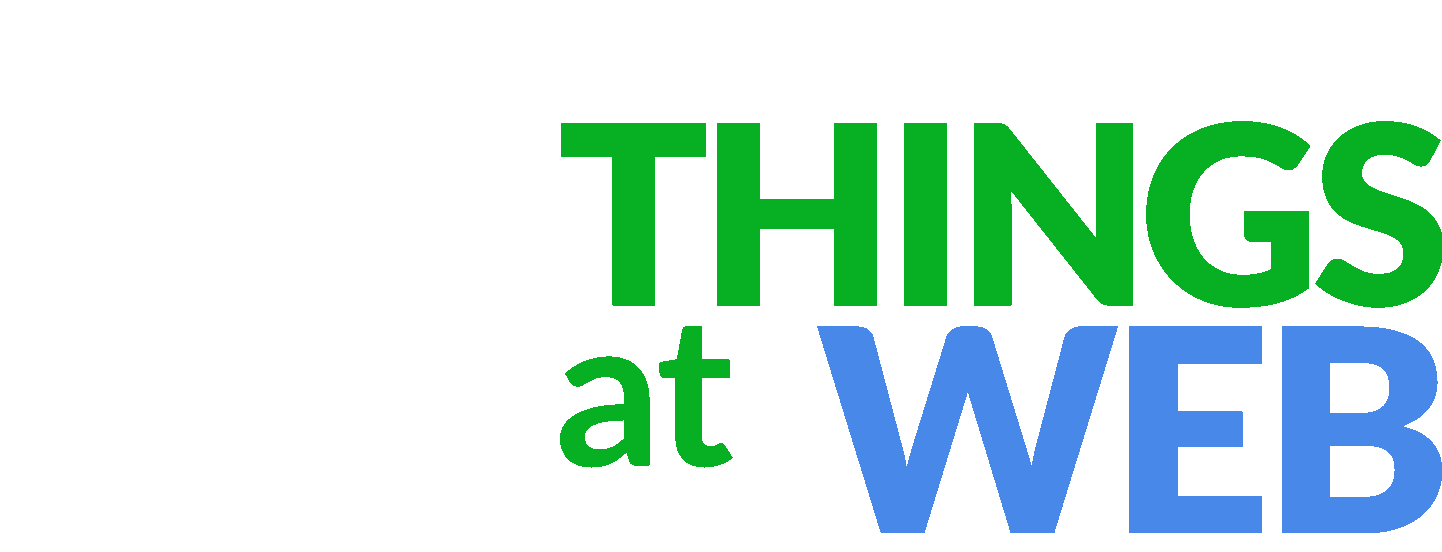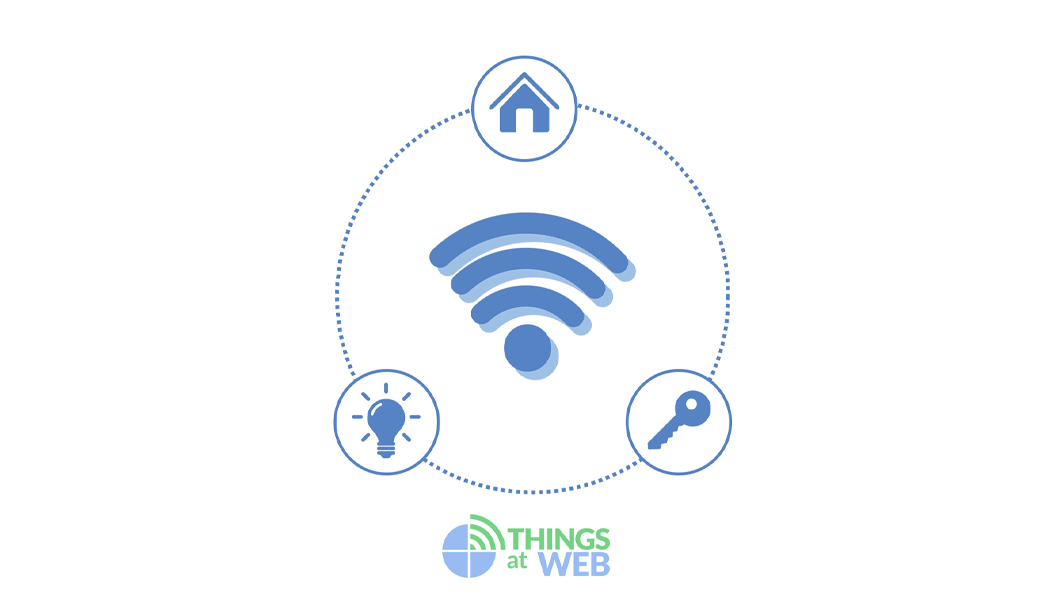Now that IoT and IIoT are on the rise, it is crucial for those who want to be part of the development. There are reports, including from Ericsson, which have concluded through surveys that the trend is important to be involved as early as possible before the IoT technology begins to expand. Being out early can be a significant reason why you get a greater spread of your product. In the aspect of search engines and how they work in combination with an early-stage product, that comes to early users searching for that product, while it does not get any major competition, the search engine will then learn at an early stage that the one who is early with their product has a higher authority at least at an early stage.
1 Timing of IoT deployment will be crucial
Being early in its development IoT will mean that you gain many insights into how the use of the devices. Lots of customer information will be collected at an early stage, which will enable them to carry out their development at an early stage with more leeway as market behavior has not yet been set. Many rules and safety regulations need to be followed in the development and there is a risk that those who are not involved in the development at an early stage will go down a difficult path when they need to work to catch up with those who have started their journey earlier. Most of the standards need to be met and will require more development in the future.
2 IoT will enable process optimizations
Connected devices will enable optimization of companies and as part of creating more efficient processes, increasing productivity and reducing efficiency An example of inefficiency that we have seen a significant change in with Corona’s development, in the past, it was much more long-distance travel for meetings, meetings that you complete to a large extent via digital tools. This will most likely evolve more and more, with more effective tools that increase the sense of community. By using digital development, the cost pressure will be reduced over time. Individual adaptation to achieve an optimized process is likely to become a fact. Where the system will identify if it is making mistakes and then react to this and create a quality assurance process based on the problem picture.
3. The digitized tools will be more specialized, putting together services of specialized tools is likely to become a growing market.
One aspect is that the digital tools will be more specialized, with a higher degree of detail. This will probably develop more services that manage to put together these different digital tools into packages that are user-friendly for the masses, in other words, simplify for users from their perspective. Examples are sensors that follow customer use units out several different aspects. For those who want to use the specialized services to have a seamless system, the market will move towards more and more people focusing on creating a system of several systems. Today, it is not uncommon for there to be many systems that do not talk to each other, with redundancy as a result.
4. Sustainability will be an important part of the connected systems of the future
IoT will affect both sustainability and consumption. It will drive towards an environmental perspective in the systems, against in the past the systems were focused on a niche aspect, while in the future they will also need to include the aspect of environmental impact. There, both resources and logistics can be examples of how the digital systems will handle their decisions to support the environmental challenge that is a fact that the world needs to work with. In other words, digital transformation will address sustainable development goals to address global challenges.
There are figures that food production can be made more efficient by 30% through digital transformation, where the digital journey starts with agriculture and ends when the food is eaten at the dining table.
When creating digital systems, adding environmental aspects is probably a trend that will grow. For example, disassembly instructions on products must be available to sort the used product well. The opportunity for self-service is opportunities that can grow, such as letting the customer do some troubleshooting themselves and change modules based on troubleshooting instructions. It is not always profitable to hire a service person, but if the spare part can be troubleshooting and replaced yourself, the product’s service life can be increased from an economically sustainable perspective.
5. The Oil of the Future will be the digitization of operations.
Today, it is beginning to be discussed that digital will be the new oil for future development and industry. Data-driven development will replace the labor-intensive worker. Will make it easy to work even for heavy processes. The systems will be more cost-effective over time than the manual, a big challenge will be that the decisions will not come in all companies, which will generate greater differences between the businesses that handle it with digital processes and those who choose to wait, It also creates new business models, from affiliates. products for as-a-service offerings in markets where they have not previously existed. Digitization is driving many markets towards a consumption-based model, with Uber as a very visible example.


